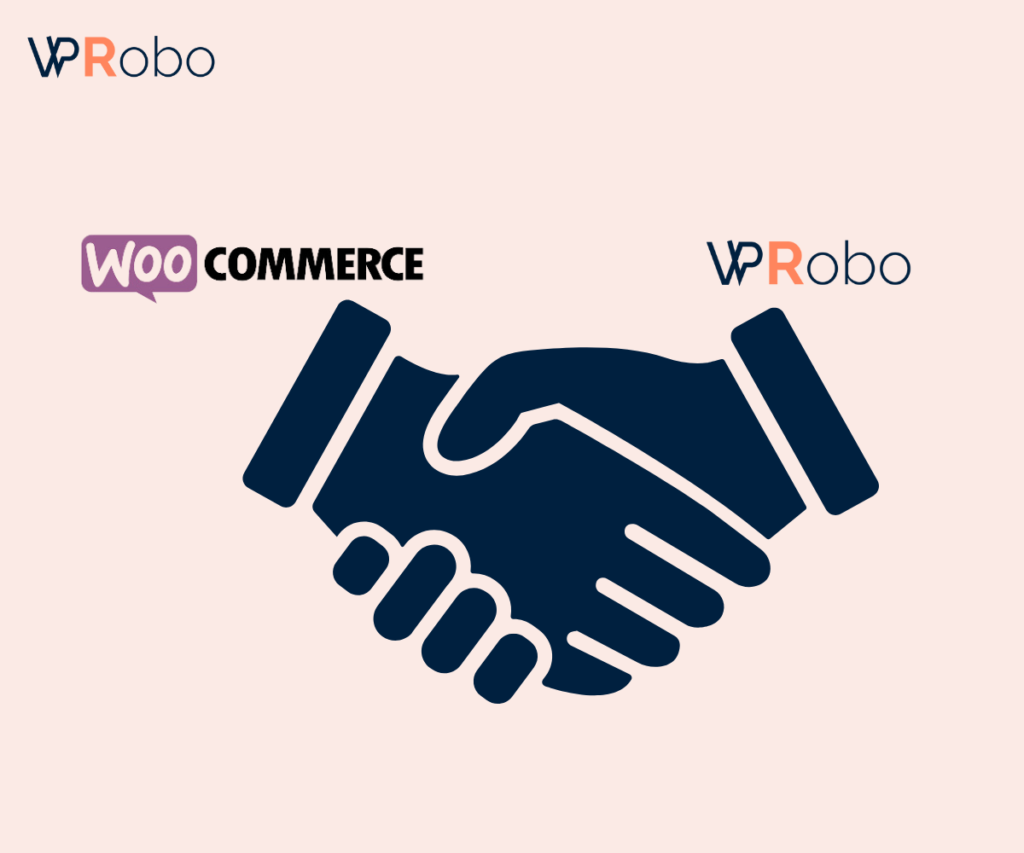Introduction:
The digital marketplace is vast, dynamic, and ever-evolving. At the heart of this landscape are e-commerce platforms that drive online businesses. Among these, WooCommerce has emerged as a popular choice. But how does it stack up against other platforms? Let’s dive into a comparative analysis.
If you’re curious to explore the importance of Custom Themes & Plugins and want to delve into WPRobo’s comprehensive services, then this article is your gateway.

WooCommerce: A Brief Overview:
Born from the WordPress ecosystem, WooCommerce is an open-source plugin that transforms any WordPress site into a full-fledged e-commerce platform. Its adaptability, combined with the power of WordPress, makes it a favorite among both novices and web developers.

The Competition:
For this study, we’ll focus on three other leading e-commerce platforms: Shopify, Magento, and BigCommerce.
1. WooCommerce vs. Shopify:
- Flexibility: WooCommerce, being open-source, offers unmatched customization capabilities. From themes to plugins, everything can be tailored. Shopify, though user-friendly, offers less room for tweaks without diving into their proprietary Liquid code.
- Pricing: WooCommerce is free, but running a store might involve costs for hosting, themes, or plugins. Shopify charges a monthly fee, but it includes hosting.
- Extensions & Plugins: Both platforms boast a wide range of add-ons. However, WooCommerce, with the vast WordPress repository behind it, offers a broader spectrum of plugins.

2. WooCommerce vs. Magento:
- Usability: Magento is powerful but comes with a steeper learning curve, ideal for large-scale enterprises with developer resources. WooCommerce is more user-friendly and caters to all business sizes.
- Scalability: Both platforms can handle large stores, but scaling with Magento often requires more technical prowess.
- Cost: Magento’s Community Edition is free, but its Enterprise Edition is pricey. WooCommerce remains free, with costs mainly centered on optional extensions and hosting.

3. WooCommerce vs. BigCommerce:
- Integration: BigCommerce offers seamless integration with multiple platforms out of the box. WooCommerce, thanks to the WordPress ecosystem, offers a variety of plugins for integration but might require some setup.
- SEO Capabilities: Both platforms are SEO-friendly. However, WooCommerce, combined with WordPress’s powerful SEO tools, offers a slight edge.
- Ownership: BigCommerce is a hosted solution, meaning you’ll always be on their platform. WooCommerce gives you full ownership of your store, allowing you to move your site as you wish.
WPRobo’s WooCommerce Advantage:
While WooCommerce already boasts robust features, companies like WPRobo further elevate its capabilities. With expertise in WooCommerce customizations, from Box Products to intricate API integrations, WPRobo ensures that WooCommerce isn’t just a platform but a personalized e-commerce solution.

Conclusion:
Selecting the right e-commerce platform depends on various factors, from business size to technical expertise. WooCommerce, with its flexibility, vast community support, and the strength of WordPress behind it, stands tall among its peers. And with experts like WPRobo, harnessing its full potential becomes an effortless journey.
If you’re eager to discover the world of WordPress Mastery and delve into the expertise of WPRobo’s Developer Services, then this article is your ultimate guide.




1 Comment